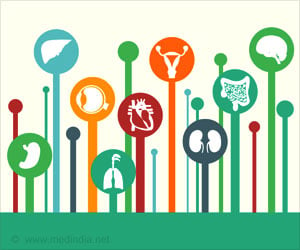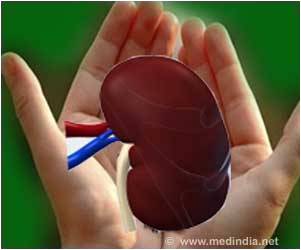Information related to deceased organ donation from Spain can help other countries to address transplant organ shortages.

In 1989, the Spanish Ministry of Health created the Organización Nacional de Trasplantes (ONT), a technical agency in charge of the coordination and oversight of donation and transplantation activities in Spain. It created a model of coordination in deceased donation that made the country evolve from 15 donors per million population to more than 30 per million population in less than a decade. The so-called Spanish model relies on the designation of appropriate professionals (mostly intensive care doctors) to make donation happen when a patient dies in conditions that allow organ donation. These professionals are supported in their work by ONT and regional coordination offices.
The Spanish model also makes it a priority to identify donation opportunities not only in intensive care units, but also in emergency departments and hospital wards. In addition, it considers organ donation from persons over the age of 65 years. (While only seven percent of organ donors are over the age of 65 years in the United States, ten percent of organ donors in Spain are over the age of 80.) Furthermore, the model has considered donation after circulatory death, in which circulation, heartbeat, and breathing have stopped (as opposed to brain death, in which all the functions of the brain have stopped), even in the setting when death follows a sudden cardiac arrest in the street.
"The most important success is that the system has made organ donation be routinely considered when a patient dies, regardless of the circumstances of death," said ONT's Beatriz Domínguez-Gil, MD, PhD, co-author of the article highlighting the Spanish Model's impact. "Professionals attending to these patients in our country consider that, in caring for patients at the end of their lives, it is their duty to systematically explore their wishes with regards to donating organs upon their death."
Lead author Rafael Matesanz, MD, PhD, who is the director of ONT, highlighted that "good organization in the process of deceased donation and continuous adaptations of the system to changes are always the basis of successful results in organ donation". He noted that the elements and strategies of the Spanish model might be applicable to other countries, with some adaptations depending on the way organ donation is organized, the type of healthcare system in place, and other factors.
Source-Eurekalert










